FAQs
-
My clients include direct service nonprofits, capacity building organizations and nonprofits working in community organizing spaces. My mission is to support nonprofits who work closely with and in their local communities.
-
Arts in Community: The role of education and the arts in creating transformation
Community Health: Creating access to affordable healthcare and promoting healthy living and lifestyles
Design Thinking: Adapting the tools of the corporate design (ideation, prototyping, testing and refining) to create products and processes to meet urgent community needs
Economic Development: Promoting entrepreneurship, workforce development, higher education and vocational development to accomplish career and life goals
Homelessness: Understanding the complex challenges faced by individuals without permanent shelter and developing effective services to meet immediate needs, while creating pathways to independent living
Immigration: Supporting immigrants and refugees to integrate into a new country while working through the trauma of displacement and economic insecurity
Incarceration and reentry: understanding the systemic inequities and racial disparities which perpetuate incarceration and recidivism—and finding healing in community, and through trauma-informed programs addressing immediate and long-term needs
Youth in Crisis: Holistic support for youth impacted by foster care and the juvenile justice system through recreation and play, coaching and personal relationships, and connections to education and career support
-
Over the years I have developed over 250 grant proposals, letters of intent, and reports. I have raised over $10 million for nonprofits through grant proposal submissions prepared for the federal government, city and state governments, private foundations, family foundations, the United Way, and corporate foundations.
-
I advise my clients to take grant writing success rates with a ‘grain of salt.’ Typically when I’ve submitted grant applications on behalf of well-established nonprofits re-applying to grantors who have funded them multiple times, my success rate is close to 90%-100%. Getting a funder to say “yes” to a newly established organization who has yet to establish a credible reputation is a much tougher challenge, and we may succeed about 30-50% of the time initially.
In a nutshell, success rates are a result of a composite of factors including your relationship with the funder, your reputation, how much funding they have available and how many grants they are awarding, your pool of competitors, the strength of your requests’ alignment with your grantor’s priorities, the skill of your grant writer, the funding review process and how well your request resonated with your grantor’s decision makers.
-
While One Community does not directly provide prospect research services, I partner with grant professionals who specialize in prospect research, and can help you identify funding prospects that are strongly aligned with your mission and programs. Get in touch via our contact form at the bottom of this page if you are looking for professional prospect research assistance.
-
Grant decisions are made by grantors based on a variety of factors, and there is no way to accurately predict a grantor’s decision. However building trust with your funding partners, and submitting a compelling application that creates alignment between your mission/programs and the grantor’s priorities will significantly increase your chances of success.
-
No. Commission based compensation is based on a percentage of the grant awarded, and writing on commission requires a grant writer to complete all the work of writing a grant up front and only receive payment if the grant is awarded. Writing on commission is considered unethical by leading professional associations such as the Grant Professionals Association (GPA) and the Association for Fundraising Professionals (AFP). Here’s a great explanation on the subject.
-
Building relationships, listening closely, and getting to know my clients’ unique value-add are the key ingredients of my approach. I appreciate open communication and welcome feedback and constructive critique. My client partnerships are built on collaboration, where both parties actively invest time and effort to create exceptional work products.
Many times the projects we work on together (i.e. grant applications) have hard deadlines. In order to develop a quality end product I use project management tools to hold each of us accountable to our assigned tasks. While I expect that we will all do our best to honor our commitments, I understand that life happens. My solution to this is to build in enough flexibility in our plan to get us to our goals ahead of time.
I take on a limited number of clients at any one time, and I do not take on rush or last minute projects that do allow sufficient time to create a quality work product.
More information about One Community’s ethos and process can be found on the grant writing page.
-
One Community Grant Consulting follows a straightforward, three-step process:
Initial consult to understand your unique needs and goals - Free
Engage in a deep-dive conversation to develop a next-steps action plan
Provide a contract with a clear scope of work and deliverables.
Please check out the services page and consulting rates page for more details
-
One Community Grant Consulting currently only provides services relating to grant development (strategy/writing), reporting and coaching. Please see the services page for details.
I work in tandem with and provide referrals to a close network of consultants who provide expertise in grant readiness, federal grants, budgeting, prospect research, strategic planning, board development, major gifts acquisition, graphic design and other nonprofit capacity building services.
-
Yes. References are available on request.
